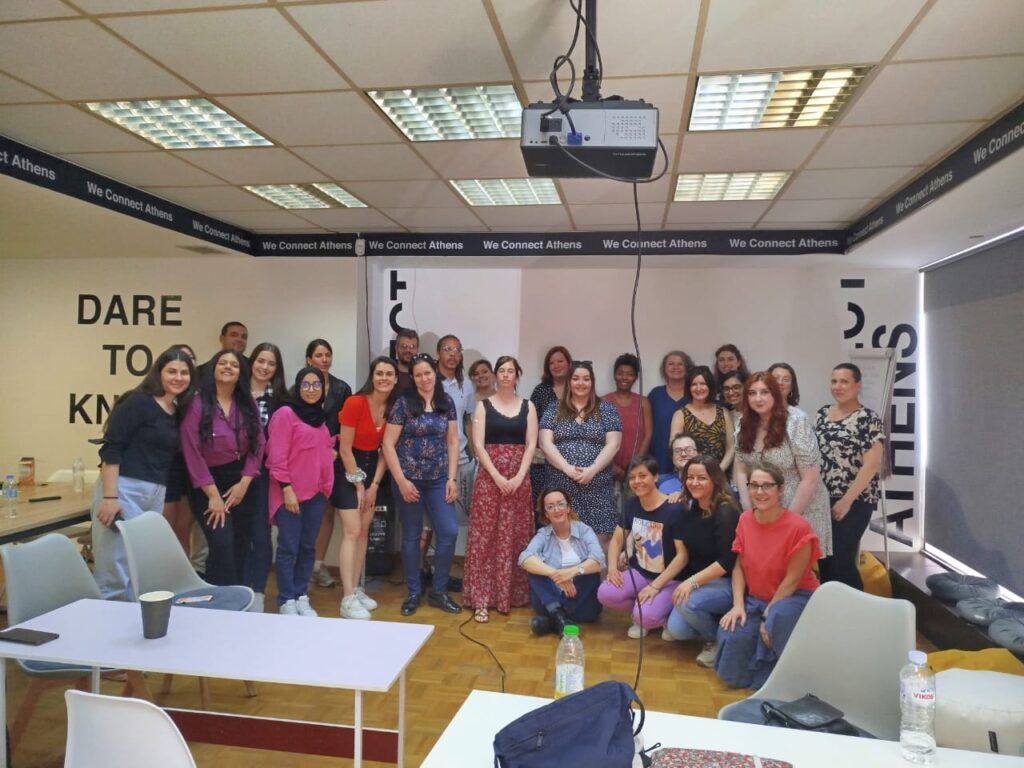The Surviving Digital Training Event in Athens

The Surviving Digital training event took place in Greece recently. The participants took part in training aimed to help parents and educators of children aged 0-6 gain understanding, skills and knowledge to control screen time and digital addiction. Laurence is looking after this project for Momentum, and he’d like thank IASIS for being wonderful hosts. […]
Keeping Childhood Smartphone Free – Surviving Digital

Minister Foley launches new plan to encourage parents to avoid buying smartphones for their children in primary schools The Government has approved plans to roll out resources to support parents and parent associations who wish to develop voluntary codes regarding smartphone use among primary school children. The Department of Education has drawn up new guidelines […]
The Surviving Digital Training Event and meeting in Saint-Denis

The Surviving Digital Project partners met recently in the beautiful town of Saint-Denis, which is just north of Paris. This was a great chance for the partners to meet and reflect on the project to date. They were joined by psychologists, teachers, parents and experts in new technologies from Italy, Ireland, Greece and France and […]
The Surviving Digital Podcast Interview with Le Laba

We’re working on the Surviving Digital Project. The project aims to equip community care organizations, health professionals and social/cultural educators to create new programs that provide parents with the tools, knowledge and resources to tackle difficulties relating to screen addiction in their young children. In recent years, scientific studies have shown the harmful effects of […]
The Surviving Digital Good Practice Guide is now live

Our project Surviving Digital / Survivreau Digital has just released an insightful Study: Identification of innovative practices to support the fight against screen addiction. In recent years, scientific studies have shown the harmful effects of overexposure to screens of small children. Currently, no practice has been developed which effectively helps adult educators combatting this trend. […]
